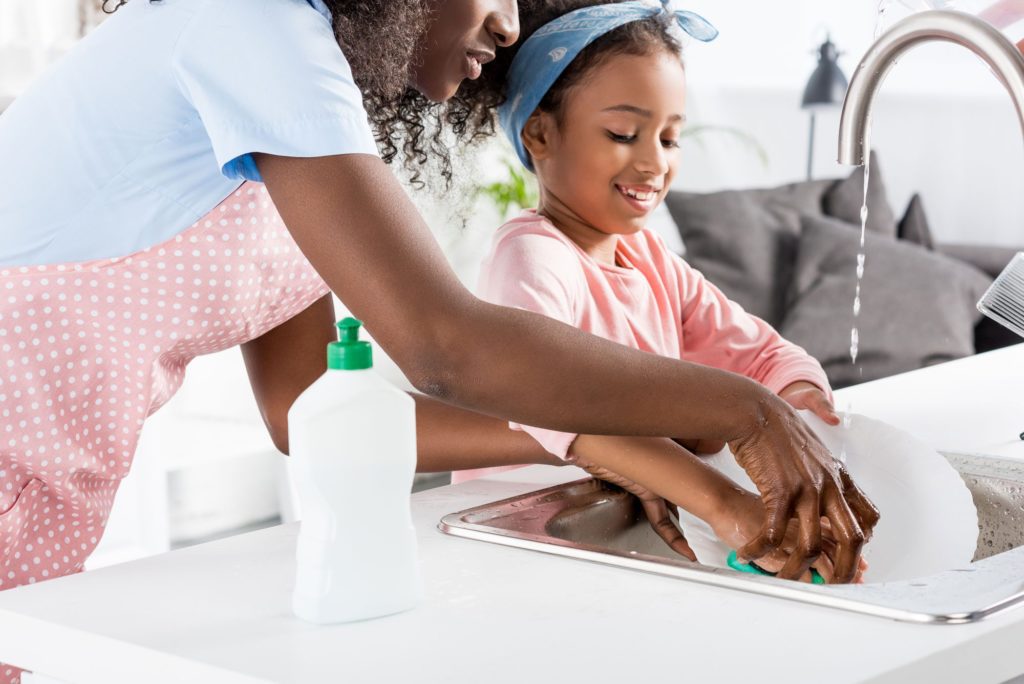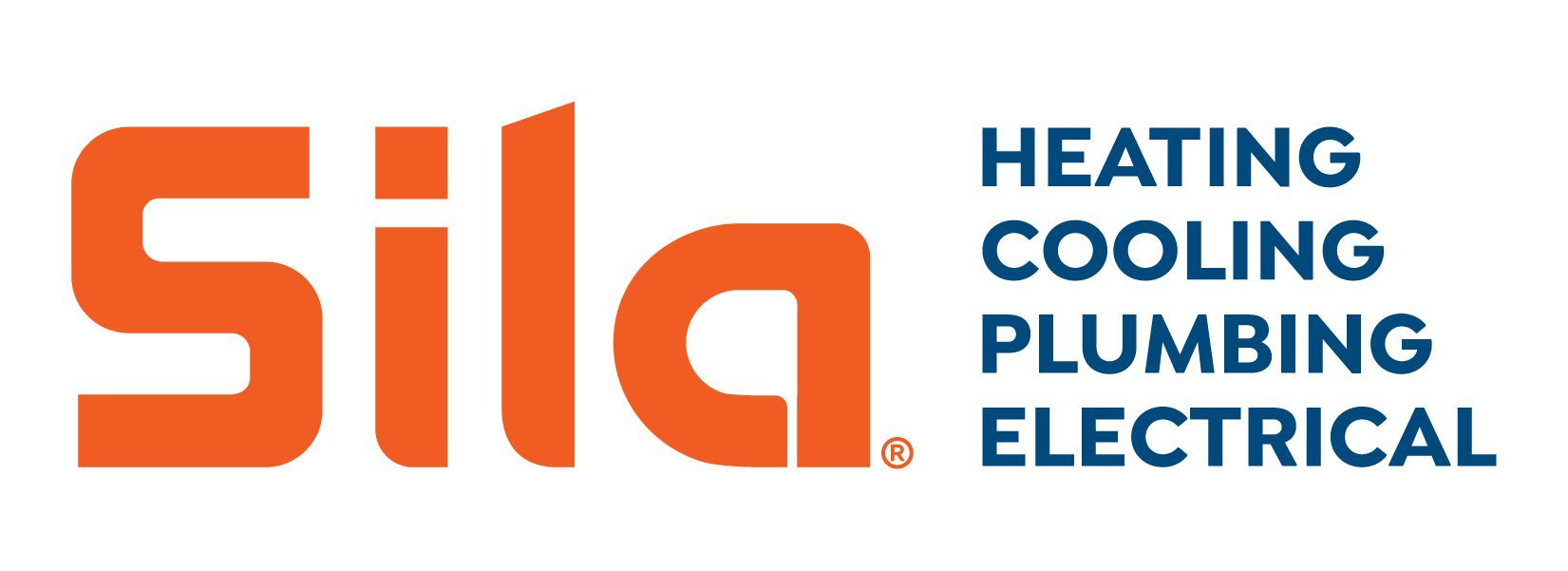Your water heater is one of the hardest working and most used appliances in your home. Though they have an average lifespan of 10 years, there are several reasons why you may need to replace your water heater sooner.
Questions to ask yourself before replacing your water heater
If there haven’t been any major changes in your household’s water consumption, sometimes the size and type of water heater you had before is exactly what you need now. However, since your hot water needs may change in the future, it is important to make sure that you have a system that will meet both your current needs and those ahead. Take a few minutes and think about the following questions:
Will a new unit, even though it is the same number of gallons, fit into the same space?
In 2015, industry regulations were updated so that all standard tank water heaters with a capacity between 20 and 55 gallons must have a minimum of 2 inches of insulation on the sides and up to 4 inches on the top, making them wider and taller than before.
Will you be updating your current heating system at all?
If you are converting over from an oil heating system to a gas heating system, or upgrading to a heat pump system, timing your water heater replacement with updating your heating system would be optimal.
Is your water hard or soft?
Hard water causes calcium buildup and can cause your copper pipes to corrode faster. This can make the lifespan of your water heater shorter. Installing a water softener may be something you would want to consider as well.
Do you plan on remodeling your home or building any additions?
You may need to increase the size of your current water heater.
Will the number of people in the house increase or decrease over the next decade and how much hot water will you need on a daily basis?
See how to anticipate your household hot water needs below.
How to anticipate your household hot water needs
Standard tank water heater systems are based upon gallon capacity. The number of gallons that you need in order to meet your hot water demands depends on a few factors:
- How many people are in the house currently and do you expect that to change?
- Does everyone have a similar schedule or are they using hot water at different times?
- Do you perform multiple demands on your hot water at the same time?
Such as running the dishwasher and washing machine at the same time - Do you currently have enough hot water when you need it?
If you are experiencing cold and spotty showers, your current system might not be large enough to handle your current needs.
Your answers above will help you select a unit with a high enough gallons per minute (GPM) flow to meet your hot water demands. A standard tank system can also have heating issues if it’s first hour rating (FHR) is too low for your needs. Below is a simple guide to ensure you have a water heater with enough GPM:
Household hot water heater capacity
1 or 2 people: 23 to 36 gallon standard tank
2 to 4 people: 36 to 46 gallon standard tank
3 to 5 people: 46 to 56 gallon standard tank
5 or more people: over 56 gallon standard tank (add 10 gallons per additional person)
Consider upgrading to an energy efficient tankless water heater system
While the standard tank-based water heater system continues to get more energy efficient, it still might not reduce your utility bills enough for your monthly budget. Tankless water heater systems only heat water as you need it rather than repeatedly heating water and storing it in a tank. This might also be a great option if you are not able to accommodate the space you need for a larger standard tank system. Tankless systems are the most energy efficient system and might be the right option for your needs.
Before making the switch, you will need to consider the upfront costs of installation. New tankless systems have a higher initial cost and may require some additional installation work. However, lower monthly utility bills will recoup the initial costs over time. The other bonus with tankless systems is that they last longer than standard tank systems and will save money in the long run from less frequent replacements.
Are you considering replacing your current home heating system?
If you are considering converting from oil to gas, you can take advantage of converting your oil-based water heater system to gas-based water heating system to help you save even more on utilities. Likewise, If you are considering installing a hybrid heat pump system, this is a great time to take advantage of installing an energy efficient tankless water heater system which works in tandem with a hybrid heat pump system.
We are here to help
Be sure to talk to a Sila certified HVAC technician to discuss your options. They can provide an informed recommendation to help you decide which is the best water heater system to efficiently reduce your costs and provide the best water heating capacity for your needs.

